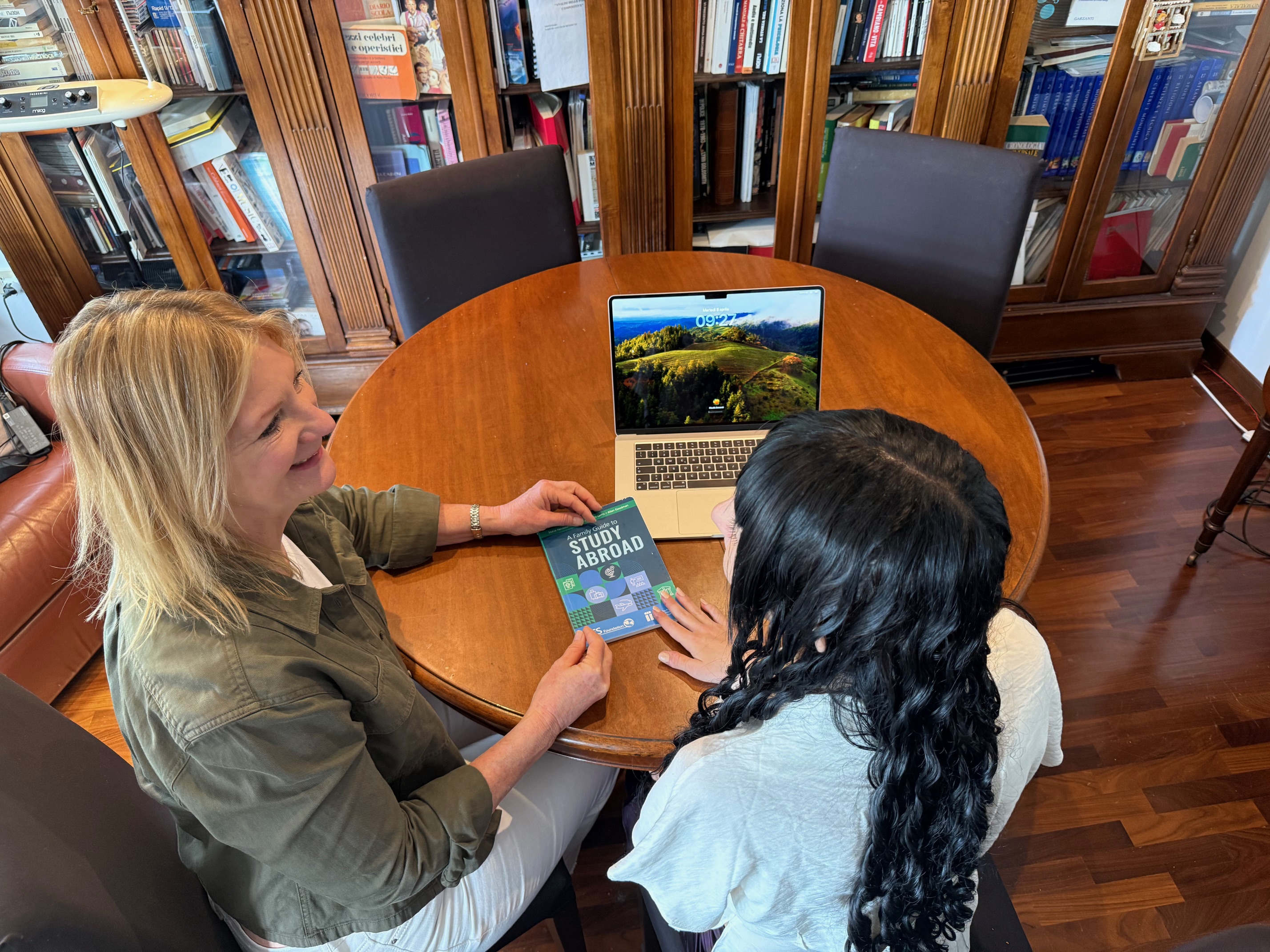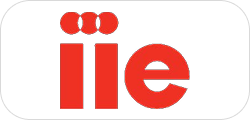Preparing Our Students for the Global Marketplace
If you’re a career counselor, student, or recent grad looking to navigate the global job market, these tips will help you get started.

I’m on college campuses a lot, talking about the importance of preparing our students to thrive in the global marketplace. I have met many campus counselors, professors, and administrators eager to help students in this area because they know globalization will be a significant factor in their careers. Sometimes it helps to have an outsider share her experiences and provide a step-by-step approach to launching an international career, in the U.S. or abroad.
That’s where I can help.
Many job seekers mistakenly think that a domestic job search can simply be tweaked for international positions. Not so! Global employers need to know as much about an applicant’s international credentials, cultural competencies, and personal traits as they do about their professional abilities. Resumes and cover letters need to be understandable and enticing for employers from a different work culture. Standard terms can have different meanings and contexts across countries.
How exactly can soon-to-be graduates prepare themselves for interviews with employers who want global workers? How can you help them navigate the ever-changing global job search?
Proper preparation begins with thinking globally. To cultivate a global mindset, students should follow world news, pay attention to global stock markets and currencies, and keep an eye on global events and international business trends. They should follow global organizations, targeted companies, and international experts on social media. The more they demonstrate a familiarity with global issues and other cultures, the more appealing they will be to hiring managers seeking employees to work on diverse and global teams.
All students benefit from this global thinking, not just business students. I recommend exercises to help students connect the dots between global news and their own career goals. For example, where is there a need for Portuguese-speaking engineers? Brazil. Which cities are most important to finance majors? Hong Kong, New York, and London. What countries are investing in wind and solar energy? Denmark, Greece, and the Netherlands.
These trends and needs change frequently, so everyone needs to keep current with the evolving global market.
Once students begin to think globally, encourage them to recognize the value of the variety of international and global learning opportunities on campus and to get involved. These are my top five tips for every student beginning in their freshman year:
Pursue language study. All students should be encouraged to graduate as close to bilingual as possible through a combination of formal and informal study.
Take globally-oriented coursework. Students should take international classes within a major or coursework focused on specific regions or cultures. Courses that address broad global issues/globalization will build a solid foundation.
Participate in study abroad. Study abroad is one of the best ways for a student to acquire international qualifications before graduating. In A Family Guide to Study Abroad, I share how study abroad develops critical soft skills and intercultural competencies that employers value. Advise students on how to align their study abroad experience with their education and career goals. For example, a film student studying abroad in New Zealand can learn from their robust film industry. Students should be encouraged to pursue non-traditional locations that will help them stand out from their peers.
Work or intern abroad. Real work experience and internships are career gold: they exponentially boost students’ prospects. Choosing a global experience shows future employers that students are risk-takers, explorers, go-getters, and have the guts to work in an unfamiliar environment.
Encourage the global experience. At its heart, going global is a mindset, not just a location. Getting involved in international campus groups and presentations will make a difference, as will cross-cultural experiences through art, music, movies, food, dance, travel, and volunteering. Encourage students to meet international students on their campus; these relationships can build a global support network and are a beautiful way to make lifelong friends.
Once students have gained some international experience, it’s time to help them package it in their Winning Global Job-Search Toolkit. It’s important to note that students should not simply adapt their domestic approach; they must pursue the global job search with a fundamentally different mindset. This generally requires starting from scratch; campus counselors, professors, and mentors can play a critical role in helping students develop their strategy.
Define a Global Brand. This is a thinking exercise to help them define both their hard and soft skills. Global employers need to know as much about a candidate’s personality as they do about their professional abilities. Help students learn which skills are in high demand, and how to develop them further. Ask them to write it down to help them frame their experiences, skills, and personality traits in ways that are accurate, relevant, and showcase cross-cultural competence.
Draft an Elevator Pitch. When I lecture on campuses, I ask students what the most challenging aspect of starting their job search is. More than half say defining their skills in an elevator pitch. Any successful elevator pitch includes both hard skills (e.g., professional qualifications, education, and language proficiency) and soft skills (e.g., personal attributes and interests that make an excellent global worker). Successful pitches are unique, catchy, and brief, and use active verbs. Encourage students to have two pitches, one with more international flair than the other. They should practice with advisers, professors, and fellow students so that they become completely comfortable saying it.
Write a Superb Cover Letter. The same rules apply as in the domestic search, but in addition an applicant’s international persona must come through loud and clear so the relevant qualifications will capture an employer’s interest. Students should learn whether there is a different way to format or convey the same information to make their materials more readable for local recruiters. I recommend that students draft their first cover letter in response to an actual global job they want.
Draft a Global Resume or CV. A good global resume illustrates a student’s international education, experience, and skills. But rather than organize the content around professional experience, the international resume should be built around the international skill set. Global employers need to not only understand what an applicant can do, but also assess their ability to operate in a foreign or cross-cultural environment.
Build an online brand through social media. Although it can be a double-edged sword, employers expect to find applicants online and students can do a lot to differentiate themselves. Following a target organization's accounts and engaging with their posts demonstrates clear interest and can help connect you with their current employees. Students should also be prepared to address any negative issues that may come up due to embarrassing online activities or photos. Some posts that are acceptable in an American professional context might not be in other work cultures.
Campus counselors play an important role in helping students launch an international career. As long as our higher-ed institutions embrace the importance of increasing students’ international exposure while on campus, everyone can work toward adequately preparing them for the global marketplace. Many internationalists I know got their very first overseas post through a campus career center. Go Global!
If you’re interested in having me speak on your campus, get in touch: stacie@stacieberdan.com. To learn more about building a global mindset, check out Open Mindset Project, a new nonprofit initiative that empowers students with perspective, mentors with purpose, and higher education institutions with tools to shape global talent.
Trusted Worldwide



















.png)
.png)
.png)
.png)

.png)
.png)
.png)
.png)




_png.png)

_png.png)